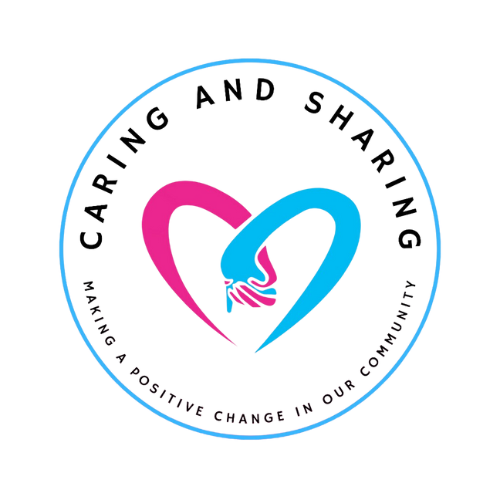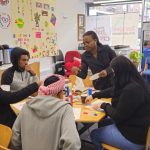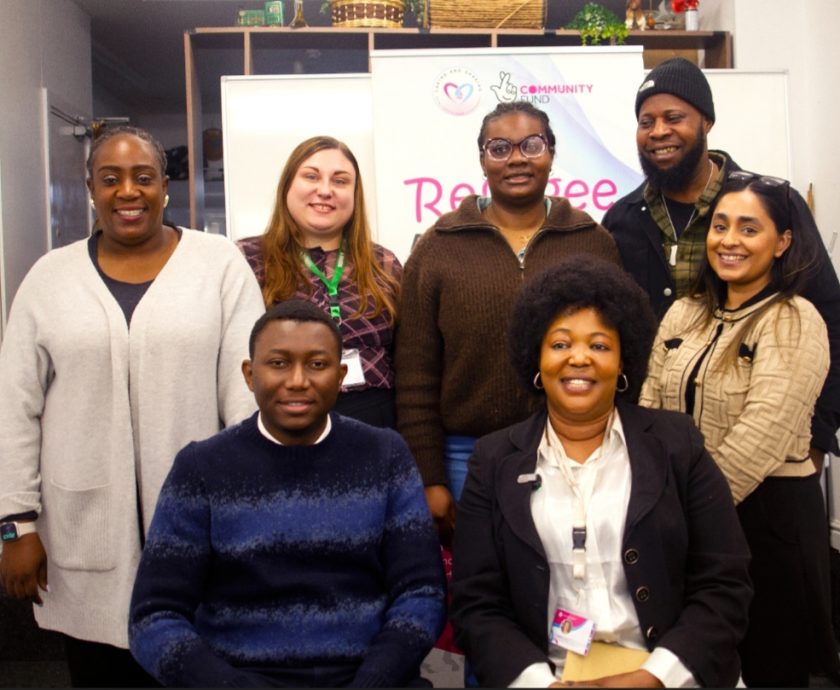There’s no community without charity, and there’s no charity without community. This simple truth is what makes community-led initiatives so vital, and why the support of local authorities is not just helpful, but important.
In towns like Rochdale, the heartbeat of the borough lies in the quiet but powerful work of grassroots charities. These organisations, often founded by residents, neighbours, and lived experience leaders, step in where public services fall short: delivering food, tackling mental health crises, supporting asylum seekers, and offering a sense of dignity and belonging.
But these charities don’t thrive on goodwill alone. They require stable support, accessible infrastructure, and meaningful collaboration from local institutions. In short, community-led charities need community-led backing from local authorities.
Here’s how that can happen, and how Rochdale is leading by example:
1. Long-Term, Flexible Funding
Consistent, unrestricted funding allows charities to innovate and grow. Yet, a 2023 NCVO study found that over 60% of UK small charities rely on short-term funding cycles of less than 12 months. In Rochdale, over 30% of voluntary sector organisations report that funding insecurity is their biggest operational barrier. Rochdale Borough Council has taken promising steps through its Community Investment Fund, helping fill that gap by supporting community responses to poverty, youth violence, and cost-of-living challenges.
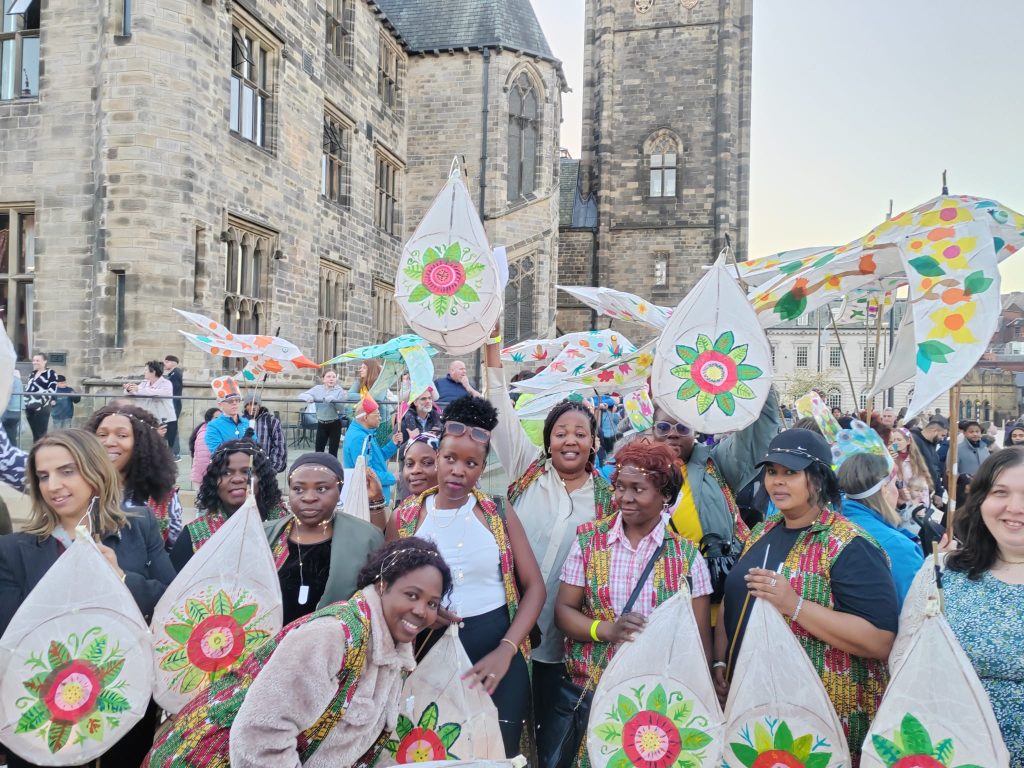
2. Shared Spaces and Infrastructure
Space is power, yet many grassroots groups can’t afford rent or utilities. According to Locality UK, one in four community groups lack access to a stable physical space.
In Rochdale, Rochdale Town Hall has become more than just a civic landmark – it’s increasingly being opened up as a shared, accessible space for the community. Local charities and grassroots groups, including Caring and Sharing Rochdale, have been able to host events, cultural celebrations, and training sessions within its historic halls.
This kind of access to centrally located, trusted public space sends a clear message: the community belongs here. It also provides a dignified setting for initiatives that tackle everything from food insecurity to mental health stigma, proving that local authorities can turn symbolic buildings into platforms for real change.
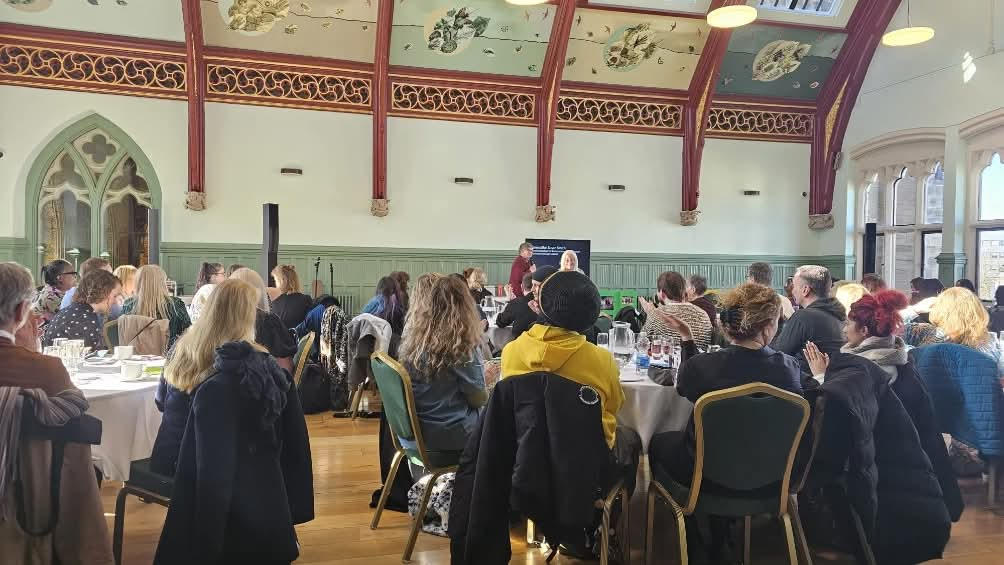
3. Genuine Collaboration, Not Just Consultation
Many charities are invited to conversations, but not to decision making. Only 39% of UK community organisations feel they have meaningful influence on local decisions.
In Rochdale, BHA for Equality is actively changing that. Their work tackles health inequalities by placing lived experience at the heart of public health strategies, especially within Black, Asian, and minoritized communities. Through culturally competent outreach, inclusive research, and advocacy, BHA ensures that marginalised voices shape services, not just receive them.
Caring and Sharing Rochdale proudly collaborates with BHA for Equality, particularly through initiatives like our Women’s Wellness Workshop, which brings together women from underrepresented backgrounds to explore physical and mental health, self-care, and empowerment. This kind of partnership doesn’t just deliver services, it helps shift narratives, build trust, and influence how local systems understand community health.
Together, we prove that when grassroots organisations and equity driven institutions join forces, genuine collaboration becomes a catalyst for lasting change.
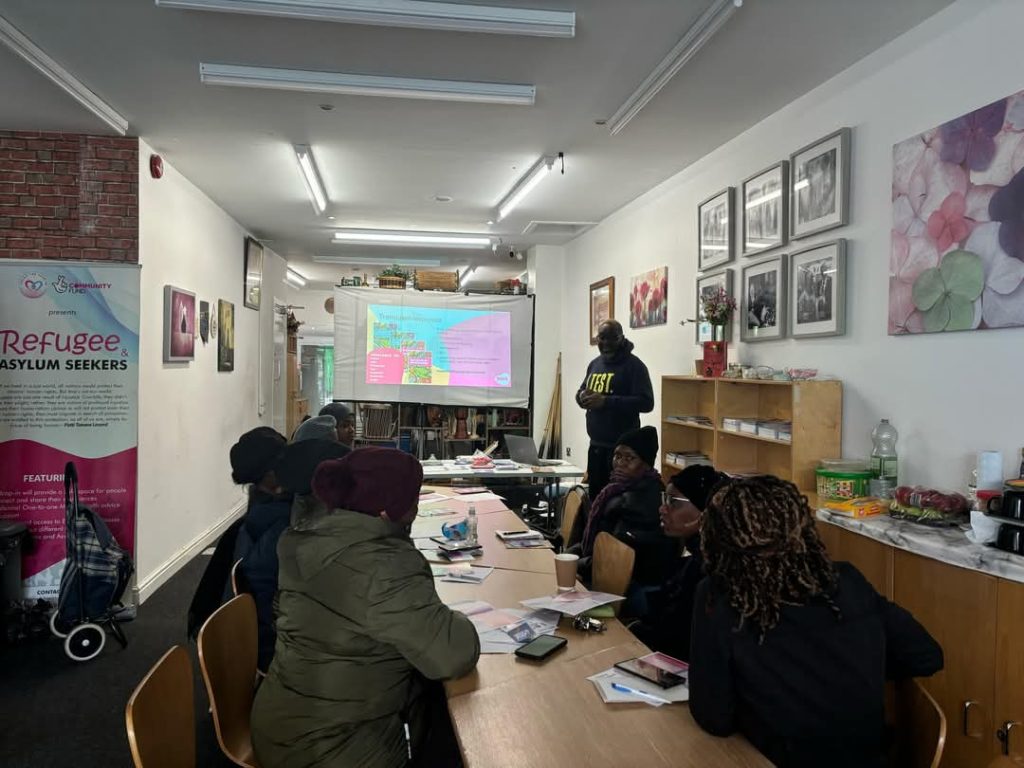
4. Standing Up for Vulnerable Voices
Migrant and asylum seeking communities face extreme challenges, especially with legal access and housing. Greater Manchester is home to over 5,000 asylum seekers, many in precarious situations.
GMIAU (Greater Manchester Immigration Aid Unit) is a lifeline for these residents, offering legal advice and advocacy. In Rochdale, they collaborate with grassroots charities, including Caring and Sharing Rochdale to ensure migrants and asylum seekers have access to culturally aware support, food, mental health guidance, and belonging.
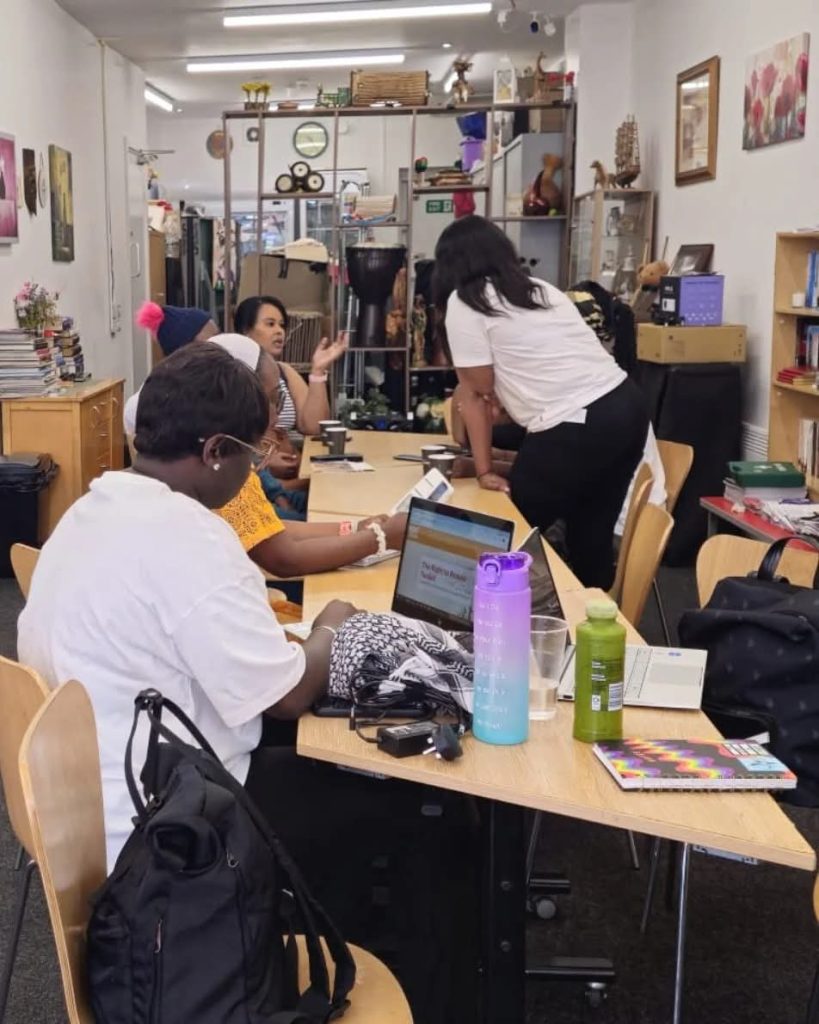
5. Capacity Building and Voice Amplification
In a survey of Greater Manchester charities, 52% said they lacked the skills or staff capacity to apply for funding or run digital campaigns.
That’s where organisations like Caring and Sharing Rochdale shine, not only by offering direct support to people, but also mentoring emerging leaders within marginalised communities. From youth led initiatives to women’s health awareness to empowerment advocacy, we’ve helped amplify under-heard voices across Rochdale. When local authorities collaborate with community rooted organisations like ours, they invest in long-term social infrastructure.
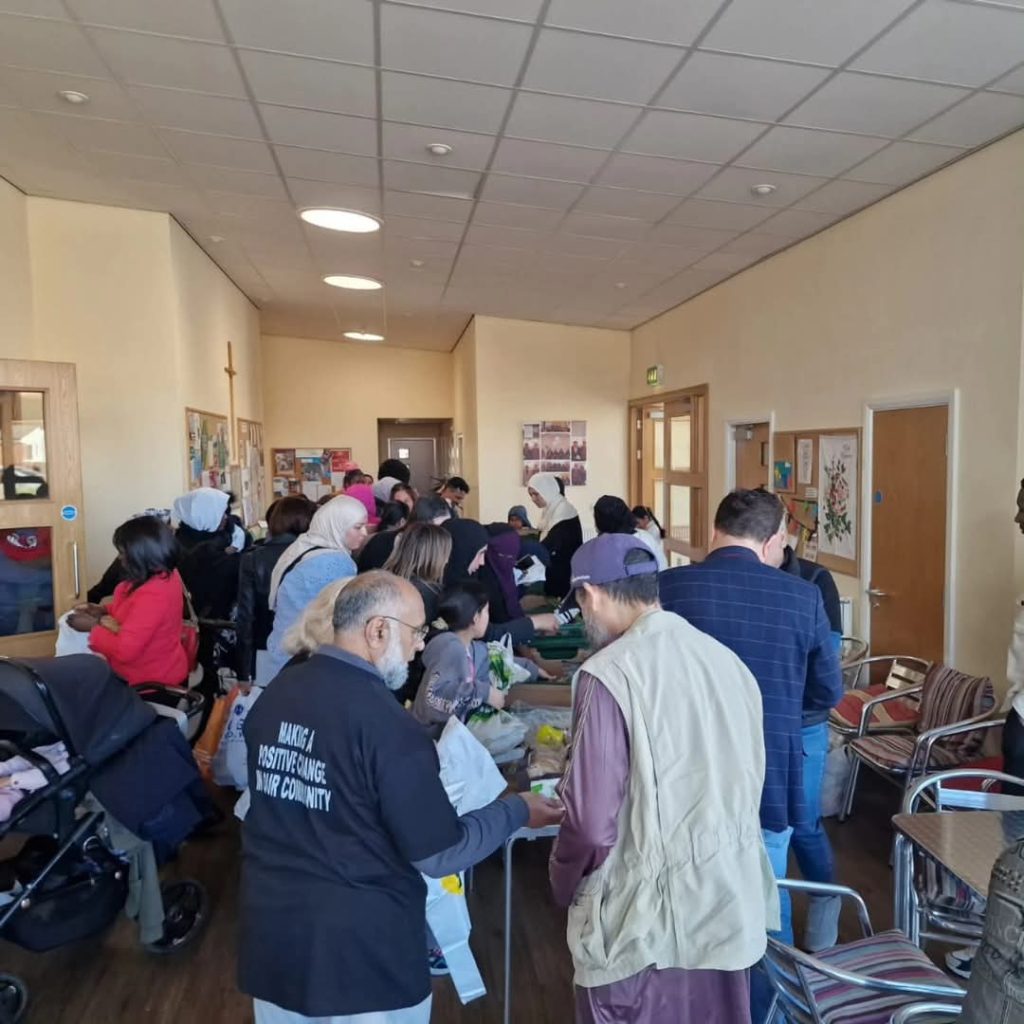
Rochdale as a Model, the World as the Audience
Rochdale, the birthplace of the cooperative movement, continues to lead by example. The collaboration between its council, housing bodies, healthcare champions, legal advocates, and grassroots organisations shows what’s possible when community is not a client, but a co-creator.
Whether in Rochdale or Rio, Nairobi or Newcastle, the message is the same: community-led charities need trust, space, and sustained support.
By learning from Rochdale’s champions – Rochdale Borough Council, Rochdale Town Hall, BHA for Equality, GMIAU, and Caring and Sharing Rochdale, we can all work toward a future where no one is left behind. Because in every town, community is infrastructure, and it’s time we treated it that way.
